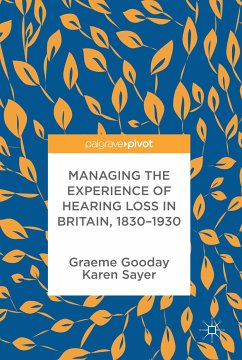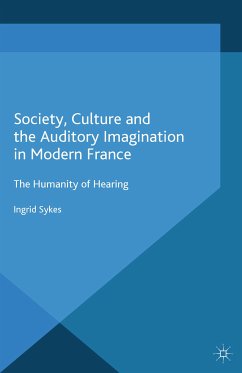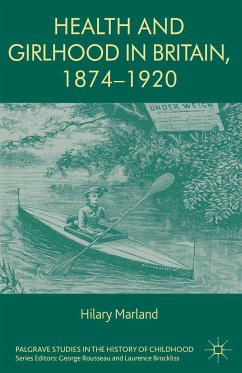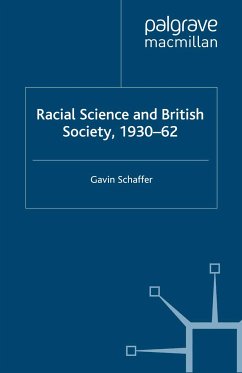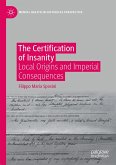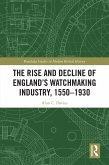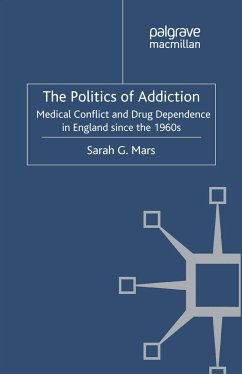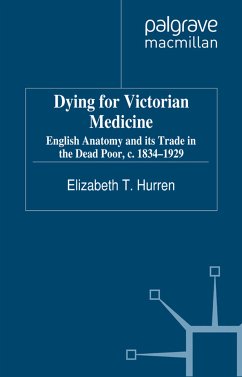This book looks at how hearing loss among adults was experienced, viewed and treated in Britain before the National Health Service. We explore the changing status of 'hard of hearing' people during the nineteenth century as categorized among diverse and changing categories of 'deafness'. Then we explore the advisory literature for managing hearing loss, and techniques for communicating with hearing aids, lip-reading and correspondence networks. From surveying the commercial selling and daily use of hearing aids, we see how adverse developments in eugenics prompted otologists to focus primarily on the prevention of deafness. The final chapter shows how hearing loss among First World War combatants prompted hearing specialists to take a more supportive approach, while it fell to the National Institute for the Deaf, formed in 1924, to defend hard of hearing people against unscrupulous hearing aid vendors. This book is suitable for both academic audiences and the general reading public. All royalties from sale of this book will be given to Action on Hearing Loss and the National Deaf Children's Society.
Dieser Download kann aus rechtlichen Gründen nur mit Rechnungsadresse in A, B, BG, CY, CZ, D, DK, EW, E, FIN, F, GR, HR, H, IRL, I, LT, L, LR, M, NL, PL, P, R, S, SLO, SK ausgeliefert werden.

